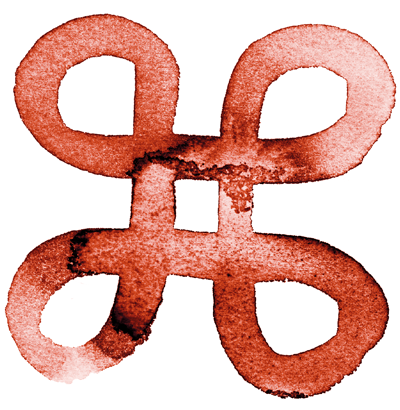
For this project to be valuable to the region it needs to speak about 1)something concrete, i.e. something intelligible, 2) have a common ground for all people 3) have a pedagogical aim from the artists to engage with the community and 4) have an urgent core-issue. This project speaks about the contemporary crisis of migration and what democracy might help us with. Our approach to that is to lock back and see what wisdom lies there in order to help us with the future of ourselves and the generations to come.
Intelligibility:
We believe in choosing an historical figure as the basis for our work with commodity seeking language as necessary. For two reasons, 1) due to the globalization of our contemporary world it might seem almost impossible to agree on a set of core concepts to begin with. Turning to Dante as a historical figure with enormous cultural, political, theatrical and literary value that beginning can be embarked on. If we doubt ourselves, it might be easier to speak of these issues starting from a more authoritative historical figure. From that departure a fruitful exploration might emerge which will determine the accuracy of history.
2) Dante allows us to speak of the difficulty of a united language through a non-contemporary looking-glass avoiding any eventual prejudice from us or the audience. Instead we might be able to see where history intersects with today and what further measures might be needed to attain a united language, and of course also explore if that aim is at all attainable.
Commonality:
Language and human anatomy is something we all share. How can these two converge without clashes of violence or prejudice? Today, perhaps more than ever, there is a feeling of insecurity in our everyday life. News reach us of Others entering our borders.
Who are those Others and when do I become the Other for others? Focusing on three major themes which do not only belong to Dante, but to all cultures (through literature, music, dance and theater) helps us to bring down complicated, sometimes political questions, to a level of everyday struggles. All of us struggle with what love is, who or how to fight and how to remain virtuous in a world which seems to turn virtue into a weakness.
Pedagogical utility:
These themes live in our bodies. Despite this the most common channel for these issues are the mind and media. But why not treat these themes in a physical manner, why not speak of our bodies, or our situations to young students who are seeking for an artistic outlet as a vent for the turmoil of our age? We believe this to be pivotal.
It is because of this we want to meet with engaged people of the people, be they young or old, that are in search for methods that might help them express what they cannot say. This we want to share.
Urgency:
Theater does not exist without at least one spectator. Our starting point cannot be any other than our own concerns, but those concerns are also concerns of the public, since we are part of the public. The meeting in art is one of questioning, wondering, occasionally revelation and hopefully catharsis.
The stalemate and insecurity generated by the current state of affairs needs to be dealt with in commonality. If we do not stop treating others as commodities, who will?
